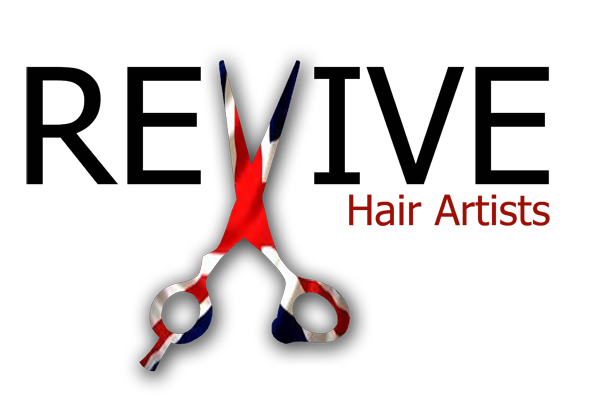
Can Anxiety Cause Greasy Hair?
Thomas StrangwoodShare
There are many negative health related issues that can come bundled with anxiety, some of them we expect, Others we don’t expect so much. Then when we’re going through a hard period in our lives where anxiety is high, we can start to notice things changing with our body, This can add to the stress and anxiety.
One of the things we’re often asked is, “Can Anxiety Cause Greasy Hair?” We’re going to look at the answer and why anxiety could be causing your hair to become greasy and what you can do about greasy hair.
What is anxiety?
Anxiety is a common mental health condition that affects millions of people all over the world. A lot of people don’t realize they may be suffering from anxiety as it can manifest itself in numerous different ways such as panic attacks, racing troughs, insomnia, as well as many other issues. People that do suffer with anxiety and are fully aware of it, may have noticed the correlation between their anxiety though and their hair becoming greasier than it used to be.
Greasy hair is typically caused by excess sebum production. Sebum is a natural oil that is produced by sebaceous glands located in the scalp. Sebum does perform a very important task in keeping the scalp and hair healthy and moisturized. However, when too much sebum is being produced, your hair can start to become greasy, flat, and unmanageable.
It’s important to note that there are many other things that can cause your hair to become more greasier than usual such as hormonal changes, diet changes, genetics, your hair care routine and even the pillow cases that you’re using so it’s important to assess any changes you may have made in your day to day before coming to the conclusion that anxiety is making your hair greasy.
It has been noted though, that anxiety can contribute to excess sebum production. When a person is suffering with anxiety the body releases stress hormones such as cortisol and adrenaline into the bloodstream. These hormones can stimulate the sebaceous glands on the scalp causing them to produce more sebum than is required. It’s also important to note that anxiety can also change your eating habits which can exacerbate the issue further.
There have been many studies conducted over the years to investigate the link between stress and the health of a person’s hair. One study performed at the University of Western Australia found that stress can lead to greasy hair but even worse, it can lead to the loss of hair too. The study only focused on women who reported suffering from stress, and it found overall that they were more likely to experience hair loss and scalp problems than women that reported lower levels of stress.
Another study that was published in the Journal of Investigative Dermatology found that stress can also impact the immune system, this can then affect the health of the hair follicles. This study found that stress can lead to the inflammation of hair follicles which then leads to poor scalp health and hair loss.
As mentioned above, it’s important to note that whilst you may be suffering from anxiety and this could be the cause of your greasy hair, you should also look at other factors such as hormonal changes, diet, genetics and lifestyle. You can also suffer from greasy hair without experiencing any anxiety or stress, so it’s important to try and address the situation as a whole and try and look at external factors outside of anxiety too.
If you do feel that anxiety is causing your greasy hair, then it’s important to address the underlying problem and not just the symptoms. We would always recommend looking after your mental health and there are many different routes to go down whether they be private or through the NHS.
In the meantime, there are many different things that you could try to do to help stop your hair becoming as greasy. We always recommend washing your hair regularly with warm water, not hot! And be sure you’re not using harsh shampoos, conditioners, and styling products. These can irritate the scalp and cause further issues. When drying and styling your hair, try to keep the use of hot tools to a minimum. If you must use them then turn down the heat. Hot tools do not need to be as hot as you think to get the job done.
Lastly, take a look at your diet and see if there are improvements that can be made, I know when your mental health isn’t in its best state it can be extremely hard to adjust diet and make improvements but there are some simple changes that can be implemented. Try and include foods that are high in vitamins and minerals such as leafy greens, nuts and lean proteins, these small changes can help to improve scalp and hair health.

